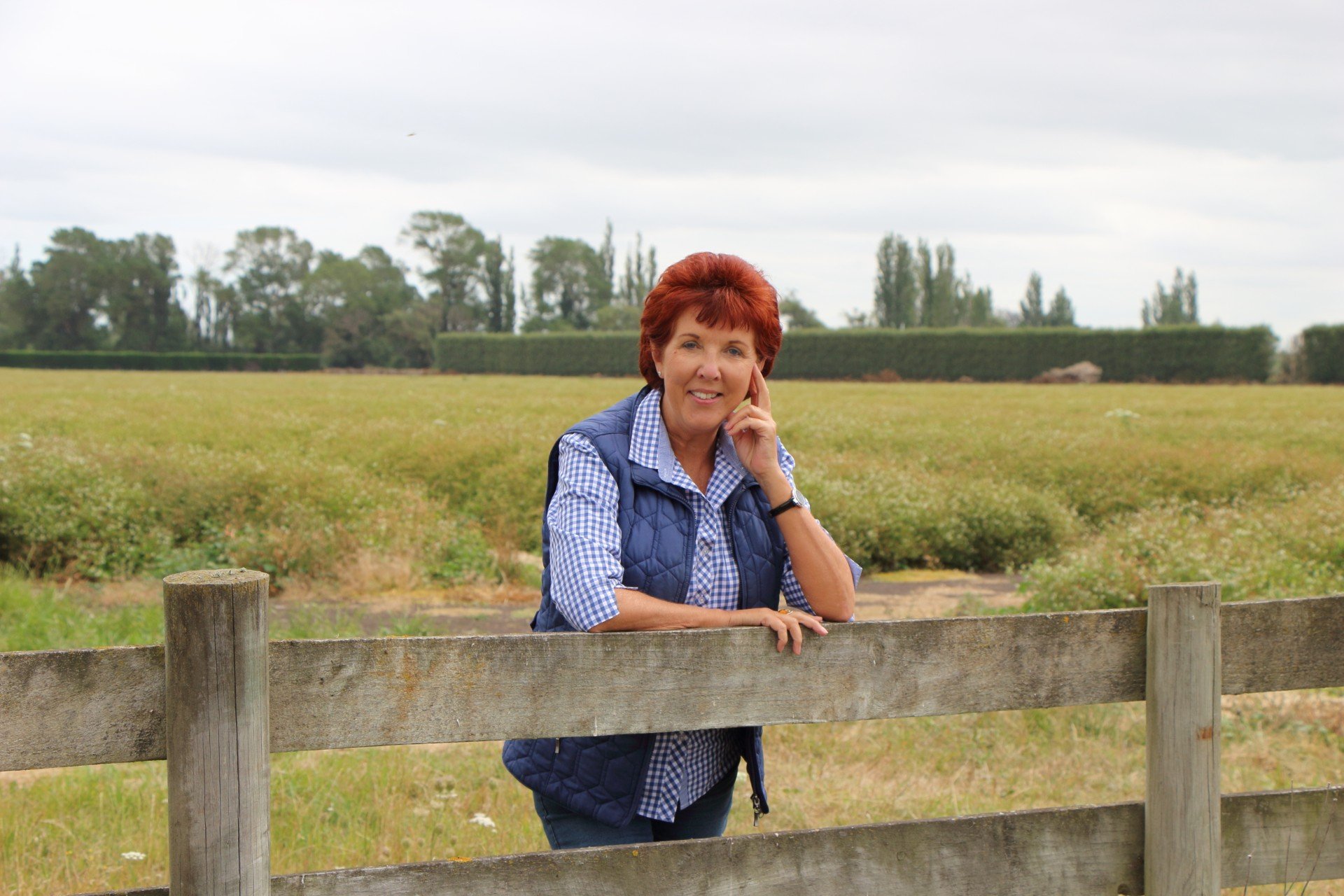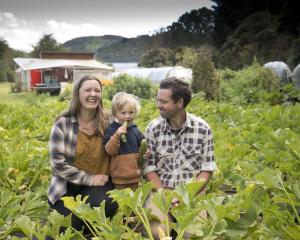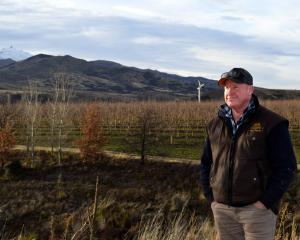
Foundation for Arable Research (FAR) chief executive Dr Alison Stewart is standing down from the role at the end of June to pursue semi-retirement.
Dr Stewart said she had always planned to move on after seven years.
"I always indicated when I came to FAR that I would stay for seven years and I felt that was a good time to achieve a certain number of goals and keep the energy up. But I’m 68 now and looking forward to not having a full-time job."
She said her departure would open the way for someone with fresh eyes to lead the industry body.
Between seven to 10 years was a good time span particularly for levy organisations to focus on another set change for the industry, she said.
Dr Stewart said she had been critical in the past of industry sectors trying to defend the status quo, when leaders always had to be innovating, changing and modifying practices to take on modern drivers.
She said it was difficult to pick out a single achievement during her tenure because there had been many small wins.
"But probably the one I’ve actually had the most satisfaction and enjoyment is establishing the investment fund Cultivate Ventures because (people) told me we would never get that off the ground and that it was too risky, too ambitious for a sole levy organisation and that the growers wouldn’t buy into it. And it’s up and running and we’re investing and we’ve got growers investing in it. That was very ambitious; it was very high-risk, but it looks as though it’s progressing really well."
The plan in the initial fundraiser was to bring in $10million with FAR as the cornerstone investor fronting $3m and a total of about $9m was raised.
A second more ambitious capital raise is going out to larger agricultural agencies with the goal of raising $20m.
Cultivate Ventures has so far invested in ruminant biotech, Miruku — a precision fermentation innovation — and more lately in leaf protein innovation.
Dr Stewart said more investments in the plant and food space were close to being announced.
Other major initiatives under the arable leader included signing up to the government industry agreement for Biosecurity Readiness and Response and introducing the new knowledge exchange platform Growers Leading Change.
She said the FAR role was the most enjoyable and had provided the most job satisfaction in her career after working for crown research institutes, companies and in the academic sector.
Her response to being asked if mixing with the growers was a highlight was "yes and no".
"It’s not an easy situation being in a levy organisation in New Zealand at the moment. The growers are doing it hard and not necessarily getting top price for their produce and their input costs are going up. When agriculture is challenged and the farmers and growers are feeling the pump the levy organisations are often the ones that take the hit because they need somebody to blame.
"I’ve had some interesting discussions with growers over the years where we get challenged that we are not delivering any value any more. And then when you talk about everything we are doing they have to backtrack and think maybe that was a bit too critical. Relations with the growers have been interesting, challenging, frustrating and enjoyable and I love it, but I do get frustrated because there is a portion of growers and farmers out there in New Zealand not necessarily seeing the writing on the wall and not necessarily understanding the changes they have to make."
Equally satisfying was when research by the FAR team was being taken up and used by growers to benefit their farm businesses. A small team delivered a lot of value, she said.
Born in Scotland, she completed a science degree in 1980 at the University of Glasgow and graduated from the University of Stirling in 1983 with a PhD in plant pathology.
Moving to New Zealand in 1984, she became a senior lecturer in biological sciences at the University of Auckland.
A decade later she shifted to Lincoln University, becoming become the first woman to be promoted to professor and the first director of the Bio-Protection Research Centre.
On leaving the university world, she joined Marrone Bio Innovations in California in 2013, then became the general manager of forest science at Scion before accepting the chief executive role at FAR in 2018.
In 2009 she was honoured by being appointed a Companion of the New Zealand Order of Merit in recognition of services to biology.
Dr Stewart said the past seven years had been the most disruptive by market drivers demanding accountability and transparency in the value chain and environmental sustainability.
Growers were getting "101 demands" put on them from markets on the way they produced their food, food quality and safety. That made it more difficult for growers as they had to be resilient, agile, constantly changing and innovating to take on new challenges, she said.
"Technology is developing at the same pace and there is some amazing technology out there, but the reality is that it all costs money and you can’t easily afford to embrace this if your marginally profitable so that’s the challenge growers have."
Unlike some industry agencies, FAR takes less of a lobbying approach to concentrate on research and development for the arable sector.
Dr Stewart said the organisation did not have the mandate to carry out political lobbying under its constitution and focused on its core R and D business.
"But we sort of push our way to the table with the other agencies and with government to make sure when policies are developed that there are no adverse outcome ones for arable. So we will stand up and use our research to be able to inform policy, but we won’t be out there lobbying and pushing because that’s not our core business."
Once she resigns she plans to fill a semi-retirement with science advisory and agricultural consultancy work and continue to represent agency boards as a director.
She’s just got a directorship with the Environmental Protection Authority.
Outside of this, building a new home at Governor’s Bay will keep her busy.
She’s also looking forward to continuing ties with growers and the FAR team.
Chairman Steven Bierema said Dr Stewart had made a great contribution to FAR and the wider arable industry.
She had been a driving force in a changing world for encouraging the arable industry to adapt and to adopt changes using science-based solutions, he said.
"With great passion Alison has worked with her team to make FAR the go-to organisation for arable research and information and a workplace where the whole team feels at home. She has worked hard to develop strong communication pathways with both government agencies and industry partners. She always sought a collaborative solution, but wouldn’t shy away from standing up for our industry when required."
The board is due to begin recruiting for a replacement.














